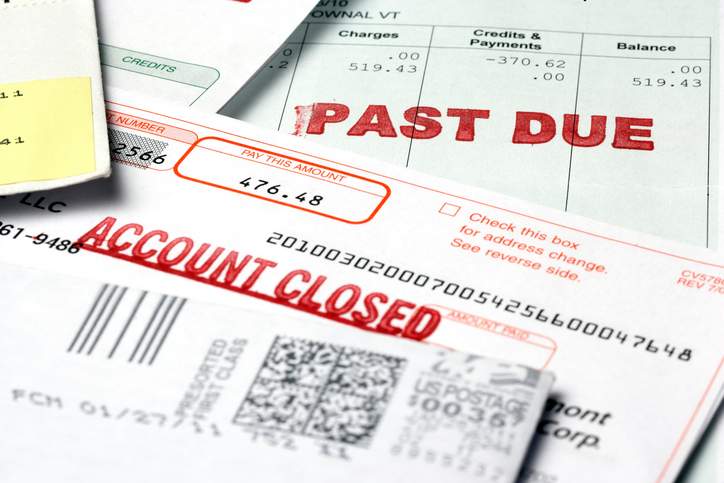Dealing with high levels of credit card debt can be stressful and overwhelming. Simply making minimum payments on multiple accounts every month means paying off that debt for years to come. Fortunately, there are options that can help borrowers get out of debt more quickly. But not all options have a positive effect on consumers’ financial futures.
Many people think debt settlement programs and debt management plans are the same thing. But that’s not the case. While both can help consumers get out of credit card debt, debt settlement plans can leave credit in worse shape. Let’s take a look at debt settlement vs. debt management.
How Does a Debt Management Plan Work?
- Clients on a debt management plan work with a nonprofit credit counseling agency, which provides objective guidance and support, and is focused on the client’s financial wellbeing.
- The agency negotiates with creditors to achieve reduced interest rates and eliminate fees on a borrower’s behalf.
- Clients pay off more of their principal balances with each payment, allowing debts to be paid in full more quickly.
- Clients make one monthly payment to the agency, which then divides it up and pays each creditor. This simplifies the bill-paying process and eliminates additional late or missed payment fees.
- Debt management plans also include continuing financial education to help clients avoid accruing problem debt in the future.
How Does a Debt Management Plan Impact My Financial Future?
Unlike other options to eliminate debt – such as debt settlement or bankruptcy – many people on a debt management plan find their credit improves as they progress. When they complete their plans and pay their credit card debt in full, they can pursue other financial goals, including saving for retirement, purchasing a new vehicle, or even buying a home. And because the debt is paid in full, there are no tax implications.
Borrowers who opt for settlement may not be able to achieve these financial goals because of negative impacts to their credit. Lenders may not be willing to give them a second chance for several years or longer.
How Does Debt Settlement Work?
Debt settlement, on the other hand, works quite differently. It appeals to consumers because it allows them to pay back only a portion of the total debt they owe. That comes with consequences, however.
- To start, debt settlement is offered by for-profit companies, which means their focus isn’t on consumers’ true financial well-being.
- Consumers who choose debt settlement make regular deposits into a savings account, until there is enough for the debt settlement company to negotiate lump-sum payments.
- During this process, the debt settlement company may advise the client to stop making payments to their creditors. This is a tactic to get them to accept a lesser amount to settle the debt. It can have serious negative consequences on a borrower’s long-term financial outlook.
- Once creditors accept the lump sump payments, accounts are paid off. Yet in many cases, the drawbacks can outweigh the short-term relief.
What are the Drawbacks of Debt Settlement?
Allowing accounts to fall behind during negotiations can lead to aggressive collection efforts and cause credit scores to drop significantly.
Additionally, clients may need to pay taxes on the full amount of the forgiven debt.
Choosing between Debt Settlement vs. Debt Management
When choosing debt settlement vs. debt management, it’s important to think about long-term financial plans, rather than what’s most convenient in the near future.
While each consumer must make the decision that’s best for them, the advantages of a debt management plan are clear: accounts are paid in full in five years or less, with no tax implications and the chance of a steadily improving credit score.
To learn your options for paying off debt, contact a credit counselor for a free, confidential financial assessment.





